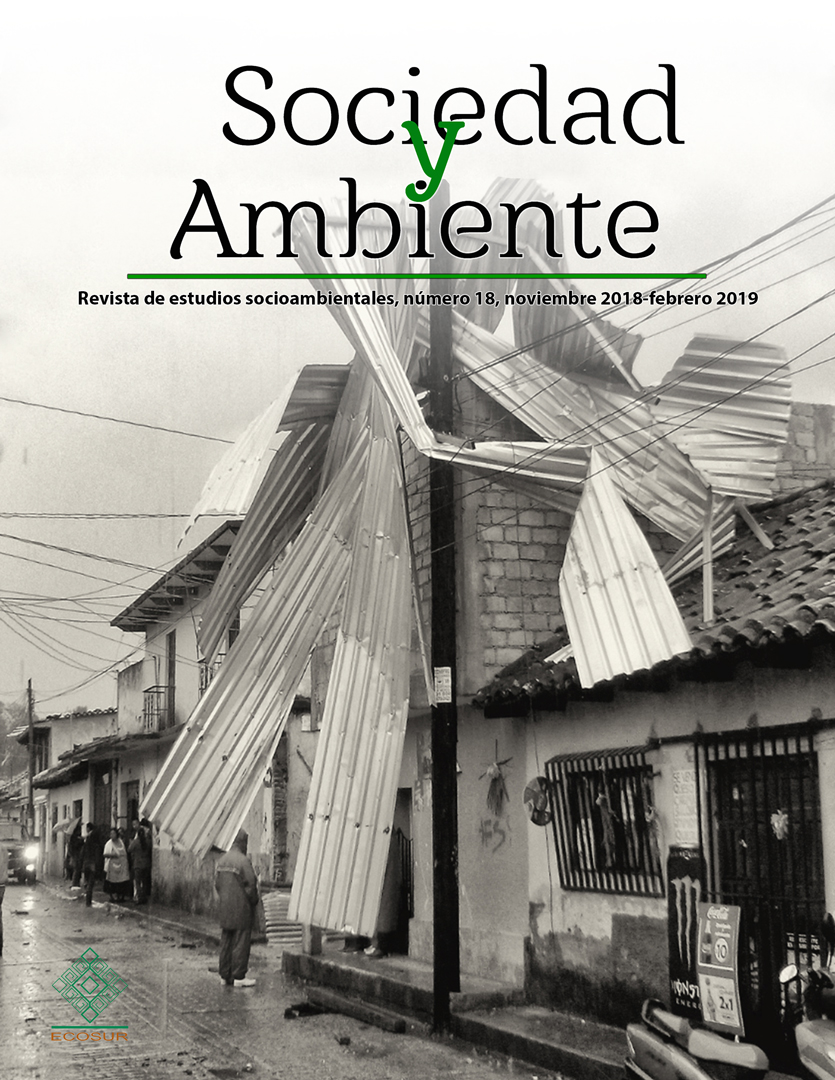Abstract
Knowing the climate system in the urban environment is essential to advancing understanding of the warming process in cities. The purpose of this paper is to examine the thermopluviometric behavior in the Metropolitan Zone of Toluca (ZMT) for the period 1960-2009, based on the spatio-temporal trends of two variables: temperature and precipitation. The method is based on the Mann-Kendall non-parametric statistical test, instrumented in the Geographic Information Systems (GIS) environment. Major climatic variability trends attributable to environmental deterioration are identified. In the period studied, the temperature increased by 0.61 °C and precipitation by 92.10 mm, both above the average for the past half century. These data can demonstrate the influence of cities as modifying agents of the regional-metropolitan climate system, within a context of local and global environmental changes. Accordingly, cities offer opportunities that require attention and empowerment solutions with a sustainable approach, as well as mitigation and adaptation in multiple spheres of activity and at various spatio-temporal scales. As demonstrated in this text, the thermopluviometric regime strategically transcends as a node-indicator that interconnects environmental, economic and social contexts, within the climate framework of deterioration, partly induced, by urban areas.

Sociedad y Ambiente by ECOSUR is licensed under a Creative Commons Reconocimiento-NoComercial-SinObraDerivada 2.5 México License

